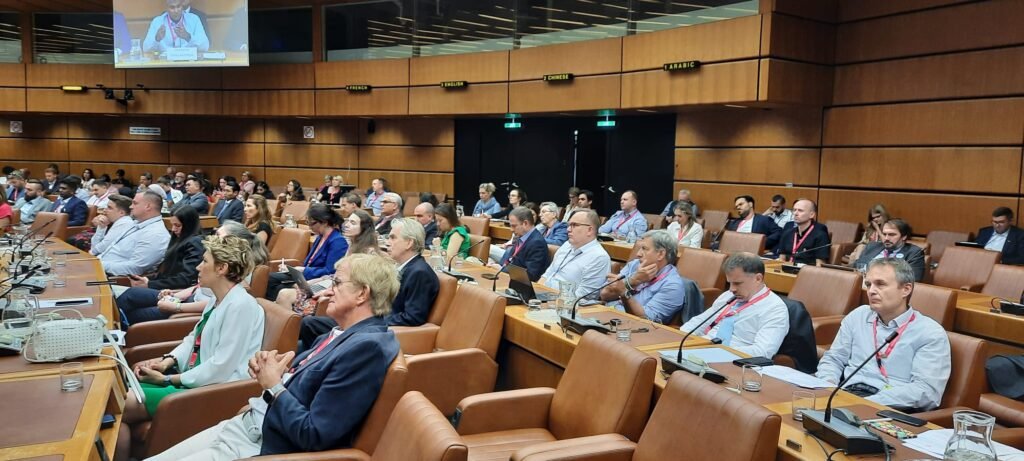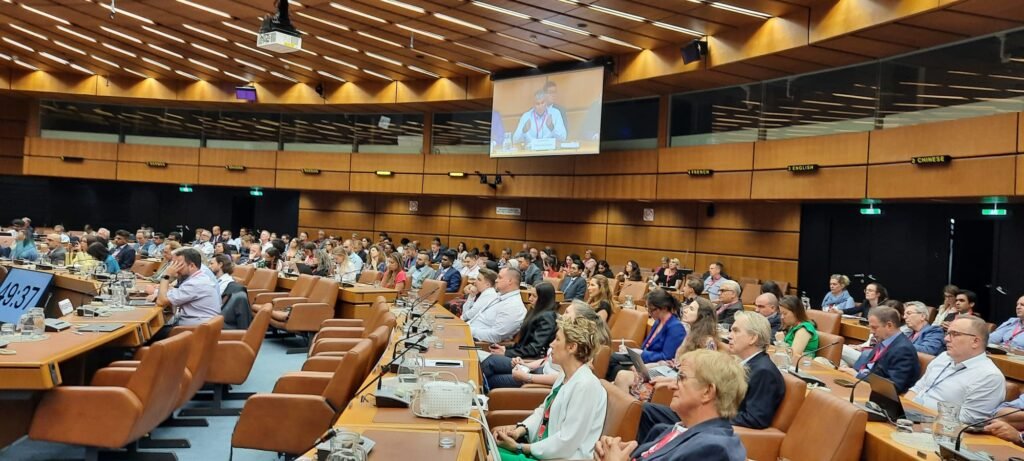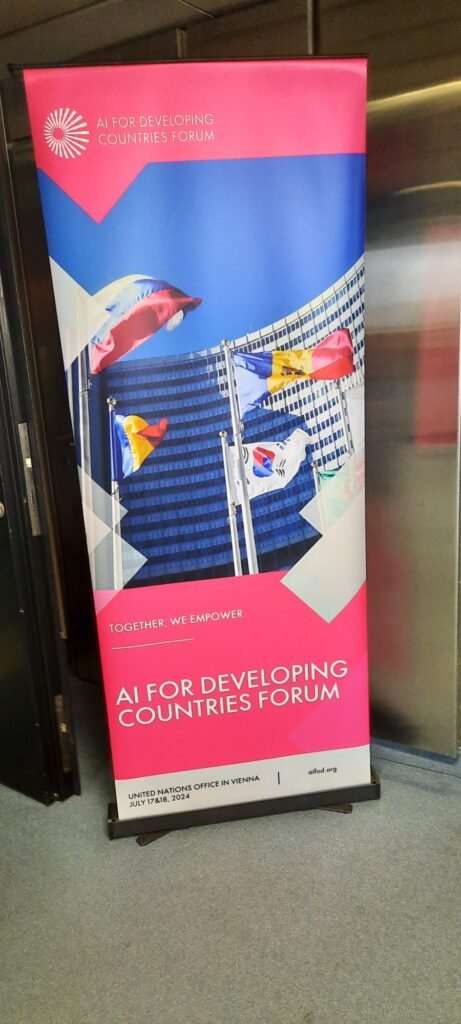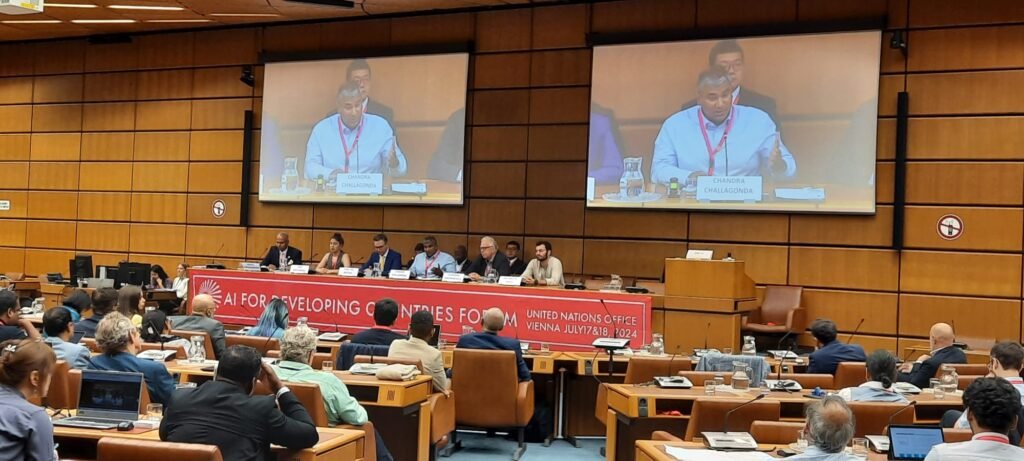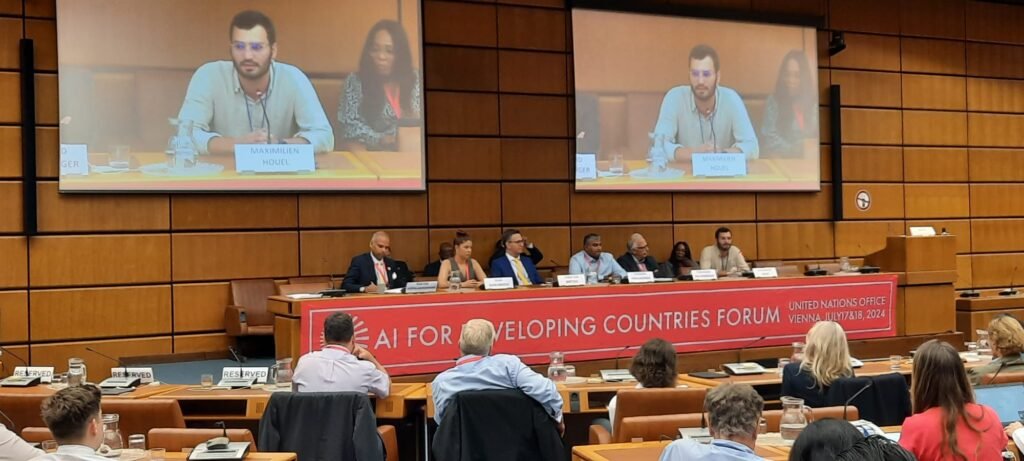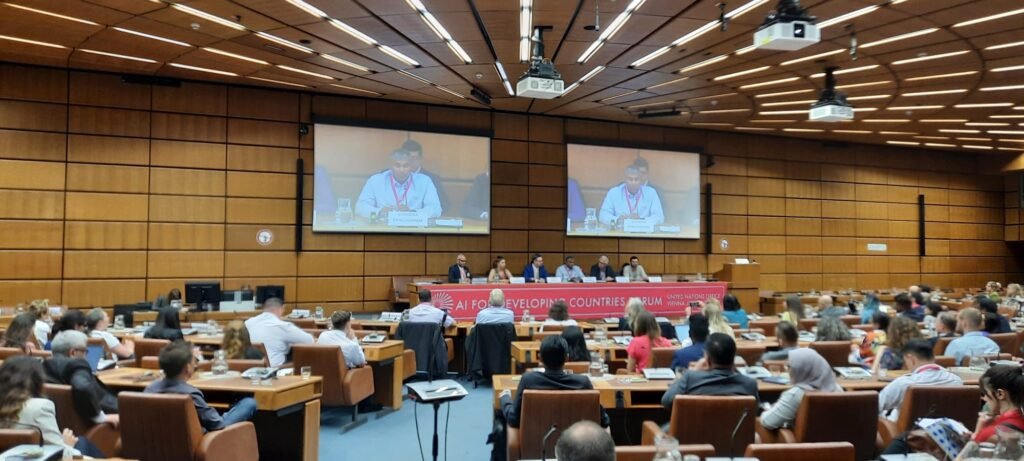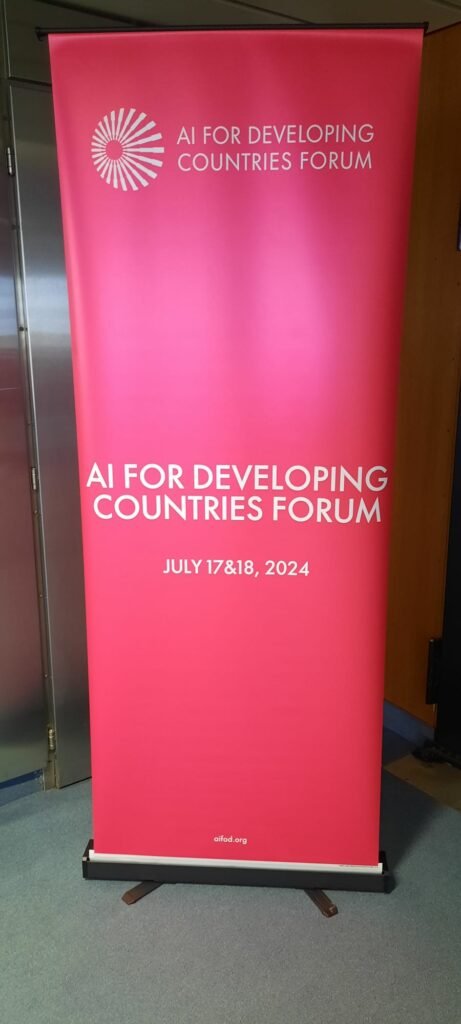Introduction to AI’s Transformative Potential in Manufacturing
Artificial Intelligence (AI) is poised to revolutionize the manufacturing sector globally, and developing countries stand to gain significantly from this technological advancement. The integration of AI in manufacturing processes can lead to increased efficiency, fostering innovation, and promoting sustainable industrial practices. Through AI-driven automation, predictive maintenance, and advanced data analytics, manufacturers can optimize production lines, reduce downtime, and enhance product quality, thereby achieving higher productivity with lower costs.
One of the most compelling opportunities AI presents is the ability to leapfrog traditional industrial development stages. Developing countries, often burdened by outdated infrastructure and limited access to cutting-edge technology, can leverage AI to modernize their manufacturing sectors swiftly. This can create competitive advantages in the global market, opening up new avenues for economic growth and job creation. Additionally, AI can drive innovation by enabling the development of new products and processes, thereby expanding the industrial base and enhancing export potential.
However, the adoption of AI in manufacturing is not without challenges. Technological gaps and lack of infrastructure are significant barriers that developing countries must overcome. Access to high-quality data, essential for AI applications, is often limited, and there is a scarcity of skilled professionals who can develop and implement AI solutions. Furthermore, the digital divide exacerbates these challenges, as many developing countries have limited access to the latest global AI advancements.
To address these issues, it is imperative to implement tailored and strategic policies that promote the upgrading of productive capabilities. Governments and stakeholders must invest in education and training programs to build a skilled workforce capable of harnessing AI technologies. Additionally, fostering collaborations between academia, industry, and international partners can facilitate knowledge transfer and innovation. Ensuring positive spillovers at the local level, such as through the development of local AI ecosystems and support for small and medium-sized enterprises (SMEs), can further enhance the transformative impact of AI in manufacturing.
UNIDO’s Role in Supporting AI Advancements
The United Nations Industrial Development Organization (UNIDO) plays a pivotal role in assisting developing countries to harness the benefits of artificial intelligence (AI) technologies. This support is multifaceted, encompassing policy advice, institution building, technical cooperation, capacity development, sustainable development, and technical assistance. Each of these roles is crucial in enabling developing nations to bridge the AI divide and thrive in the modern technological landscape.
Firstly, UNIDO provides comprehensive policy advice to help governments formulate and implement effective AI strategies. This includes the development of regulatory frameworks that promote innovation while ensuring ethical AI use. By guiding policy formulation, UNIDO helps create an enabling environment where AI technologies can flourish.
Institution building is another critical area where UNIDO contributes. The organization supports the establishment and strengthening of institutions that are essential for the adoption and dissemination of AI technologies. These institutions play a key role in fostering international collaboration and ensuring that AI initiatives are aligned with national development goals.
Technical cooperation is a cornerstone of UNIDO’s efforts. By facilitating partnerships between developing countries and more advanced economies, UNIDO enables the transfer of knowledge and expertise. This cooperation is vital for building local capabilities and ensuring that AI technologies are adapted to the specific needs of developing nations.
In terms of capacity development, UNIDO implements training programs that equip individuals and organizations with the skills required to leverage AI technologies effectively. These programs are designed to address skill gaps and promote a culture of continuous learning, which is essential for sustainable growth in the AI sector.
Sustainable development is at the heart of UNIDO’s mission. The organization promotes the integration of AI in manufacturing processes to enhance efficiency while minimizing environmental impact. By advocating for sustainable manufacturing practices, UNIDO ensures that technological advancements contribute to long-term economic and social development.
Finally, UNIDO provides technical assistance to support the implementation of AI projects. This includes offering expert guidance and resources to help developing countries overcome technical challenges and achieve successful project outcomes. Through this assistance, UNIDO ensures that AI initiatives are not only feasible but also impactful.
In summary, UNIDO’s multifaceted approach plays a crucial role in empowering developing countries to harness the potential of AI technologies. By addressing policy, institutional, technical, and developmental aspects, UNIDO helps create a robust foundation for sustainable AI advancements.
Partnerships and Global Dialogue Platforms
The United Nations Industrial Development Organization (UNIDO) plays a pivotal role in fostering collaboration among governments, industries, and academia, particularly between the global north and south. These partnerships are crucial for advancing AI research and applications, as well as for sharing knowledge and implementing best practices. By facilitating international collaboration and support for technology transfer agreements, UNIDO helps bridge the gap between developed and developing countries, ensuring that the benefits of Artificial Intelligence (AI) are accessible to all.
One of the key aspects of UNIDO’s efforts is the establishment of global dialogue platforms. These platforms serve as valuable forums where stakeholders from various sectors can engage in meaningful discussions, share insights, and collaborate on AI-related initiatives. Through these interactions, developing countries gain access to cutting-edge research, innovative solutions, and the expertise needed to harness AI’s potential effectively. This exchange of knowledge is instrumental in building local capacities and fostering a culture of innovation.
Furthermore, UNIDO actively promotes international funding for AI projects in developing countries. By connecting these nations with funding opportunities, UNIDO enables them to undertake ambitious AI initiatives that would otherwise be beyond their financial reach. This financial support is often accompanied by technical assistance and capacity-building programs, ensuring that AI projects are not only launched but also sustained and scaled effectively.
Participation in global AI forums is another critical element of UNIDO’s strategy. By ensuring that developing countries are represented in these forums, UNIDO keeps them informed about the latest advancements, trends, and best practices in the field of AI. This inclusion is essential for fostering a global AI ecosystem that is inclusive and equitable. It also provides developing countries with the opportunity to voice their unique challenges and perspectives, thereby contributing to a more comprehensive understanding of AI’s global impact.
In conclusion, UNIDO’s efforts in fostering partnerships and facilitating global dialogue platforms are instrumental in empowering developing countries through AI. By promoting collaboration, knowledge sharing, and access to resources, UNIDO helps bridge the AI divide and ensures that the transformative benefits of AI are realized across the globe.
Advocacy and Integration of AI into National Policies
The United Nations Industrial Development Organization (UNIDO) has been at the forefront of advocating for the integration of artificial intelligence (AI) into the national industrial policies of developing countries. This advocacy is pivotal in raising awareness among governments about the transformative potential of AI, as well as the associated challenges. By highlighting the benefits that AI can bring to industrial development, such as increased efficiency, innovation, and competitiveness, UNIDO helps governments understand the critical role AI can play in economic growth and development.
One of the primary efforts in this advocacy is emphasizing the importance of building robust infrastructure. For AI to be effectively integrated into industrial processes, there must be a solid technological foundation, including reliable internet connectivity, data centers, and advanced manufacturing facilities. Developing countries often face significant gaps in these areas, and addressing these infrastructure needs is essential for the successful adoption of AI technologies.
In addition to infrastructure, developing capacity is crucial. This involves not only training the workforce in AI-related skills but also fostering a culture of continuous learning and innovation. UNIDO supports initiatives that provide education and training programs, which equip individuals with the necessary knowledge and skills to work with AI technologies. These programs are often tailored to the specific needs of the country’s industrial sector, ensuring relevance and effectiveness.
Supportive policies are another critical component. Governments need to create a regulatory environment that encourages the adoption of AI while addressing ethical and security concerns. This includes developing frameworks for data protection, intellectual property rights, and cybersecurity. UNIDO collaborates with national policymakers to draft and implement policies that strike a balance between promoting AI innovation and safeguarding public interests.
International cooperation plays a key role in these efforts. By leveraging partnerships with other countries, international organizations, and the private sector, UNIDO facilitates the exchange of knowledge, technology, and best practices. This collaborative approach helps developing countries overcome barriers to AI adoption and accelerates their industrial development.
Overall, the integration of AI into national policies is a multifaceted endeavor that requires concerted efforts in infrastructure development, capacity building, policy formulation, and international cooperation. UNIDO’s advocacy is instrumental in guiding developing countries through this complex process, ultimately empowering them to harness AI for sustainable industrial growth.
